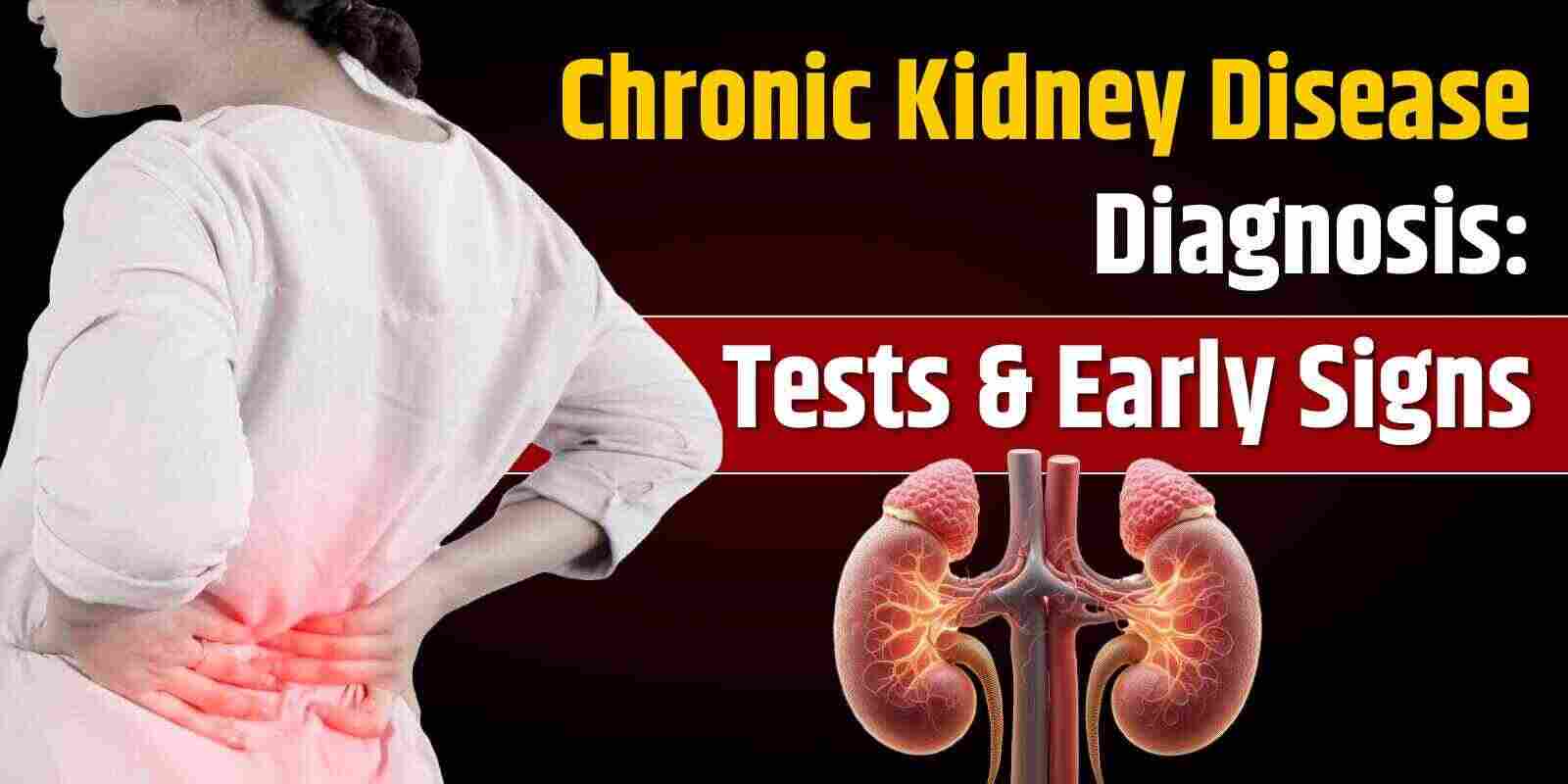
Chronic Kidney Disease (CKD) is a medical condition where your renal functions start to go down progressively. When your kidney functioning starts to deteriorate over six months or more, you are said to be suffering from chronic kidney disease. An early chronic kidney disease diagnosis is necessary for an effective treatment of this disease.
Kidney disease symptoms in females are not particularly different from those in males. Symptoms that may help you decide whether you are suffering from any sort of kidney disease or not are:
Experiencing any of these symptoms? Don't ignore them—consult with our specialists today. Chat with us on WhatsApp or call us to schedule an urgent consultation.
CKD stages are based on eGFR (estimated glomerular filtration rate) results:
The chronic kidney disease diagnosis criteria are decreased GFR (<60 ml/min), albuminuria (ACR ≥ 30 mg/g), and any abnormalities found with the urine sediment. If any of these abnormalities persist for over 3 months, then you are said to be suffering from chronic kidney disease.
Some self-care tips for managing chronic kidney disease are:
Want personalized dietary advice for CKD? Talk to our nutrition experts—contact us via WhatsApp or call us now.
CKD is a common kidney disease. If you went for a chronic kidney disease diagnosis test and got a positive report, then you should start the treatment early. An early treatment will reverse the accumulated kidney damage and help you get a holistic cure for your disease.
"Ayurveda is not just a system of medicine; it's a way of life. Connect with us to embrace a lifestyle that nurtures your body, mind, and soul."

Certificate no- AH-2023-0186
JAN 05,2023-JAN 04,2026